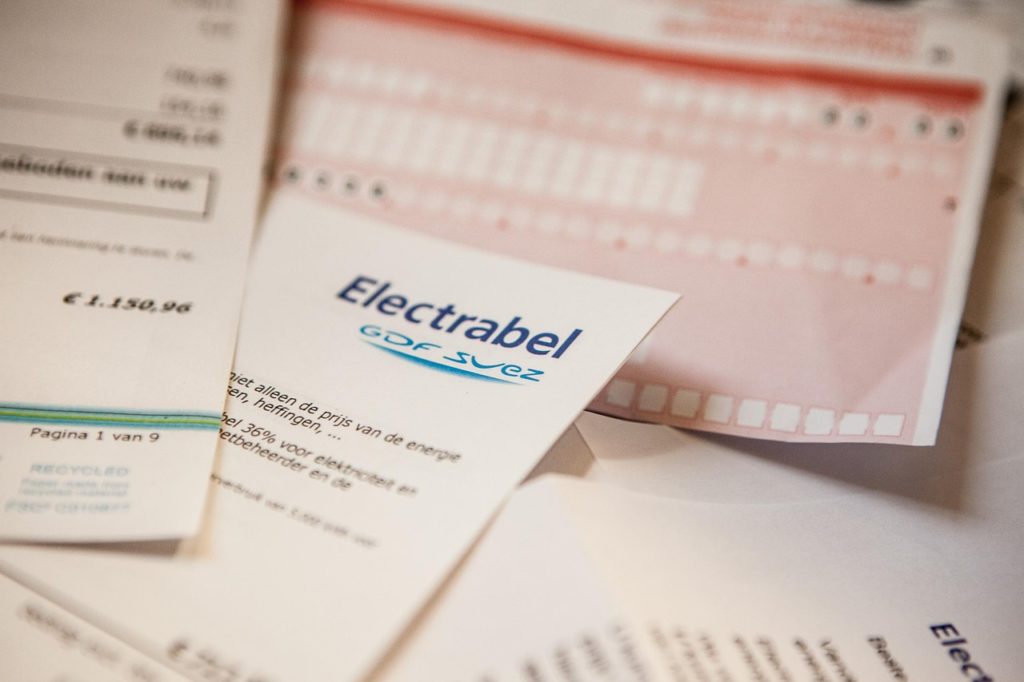The energy market volatility has been highlighted in a recent report which showed that gas and electricity prices are reaching historically high levels on all wholesale markets.
Based on the average prices for September 2021 and assuming that these will remain unchanged, a Belgian household that took out variable electricity and natural gas contracts in April 2021 may see their annual electricity bill increase by €116, while the natural gas bill for a variable contract could be just under €600 more expensive compared to pre-Covid times.
Based on the forward prices for the fourth quarter of 2021 and the first quarter of 2022, these amounts could be even higher, according to Belgium's Commission for Electricity and Gas Regulation (CREG)'s calculations. In the natural gas market, prices "far exceed the historic highest level of 2007-2008 before the financial crisis."
In September 2021, the average natural gas price for Belgian households reached a record high of €1,739 – exceeding the previous record set in May 2012.
Consumers with a variable contract – which in Belgium accounts for around 35% of households – will soon feel the impact of the market volatility, especially as temperatures drop and home heaters are fired up.
Meanwhile, those with a fixed energy tariff will initially be protected from price increases; but as more consumers are coming to the end of these contracts, they will almost certainly face increased prices.
Anyone with valid fixed-price contracts from before the third quarter of 2021 should stay with this contract as long as possible, Belgium's Commission for Electricity and Gas Regulation (CREG) advised. Those who are renewing or entering into a (new) contract should use an online price comparison site to thoroughly compare suppliers' offers.
Reasons for current crisis
On Tuesday, the European gas price broke the €100/MWh (megawatt hour) barrier and the Dutch TTF-Future – a reference price for natural gas, rose 10% to €106/MWh; the price for electricity for delivery in November rose to €255/MWh, an increase of more than 10%.
According to Matthias Detremmerie of supplier Elindus, the complex situation in the energy market – with shortages of natural gas from main suppliers Russia and Norway and changes in normal demand prompted by the pandemic – has lead to record prices and continues to cause “blind panic” among traders.
Energy prices started going through the roof during summer, mainly as a result of supply failing to keep up with demand.
In addition, increased demand for fossil fuels has lead to businesses and countries exceeding the emissions targets set by the EU and needing to buy carbon credits in compensation. These costs eventually trickle down to individual consumers.
These issues have been fuelled by the fear that European gas supplies will be insufficient to survive a harsh winter, catapulting the price of natural gas to record levels.
And as prices for natural gas and coal go up (as well as the costs incurred for increased CO2 emissions through carbon credits), so too does the price of electricity.

